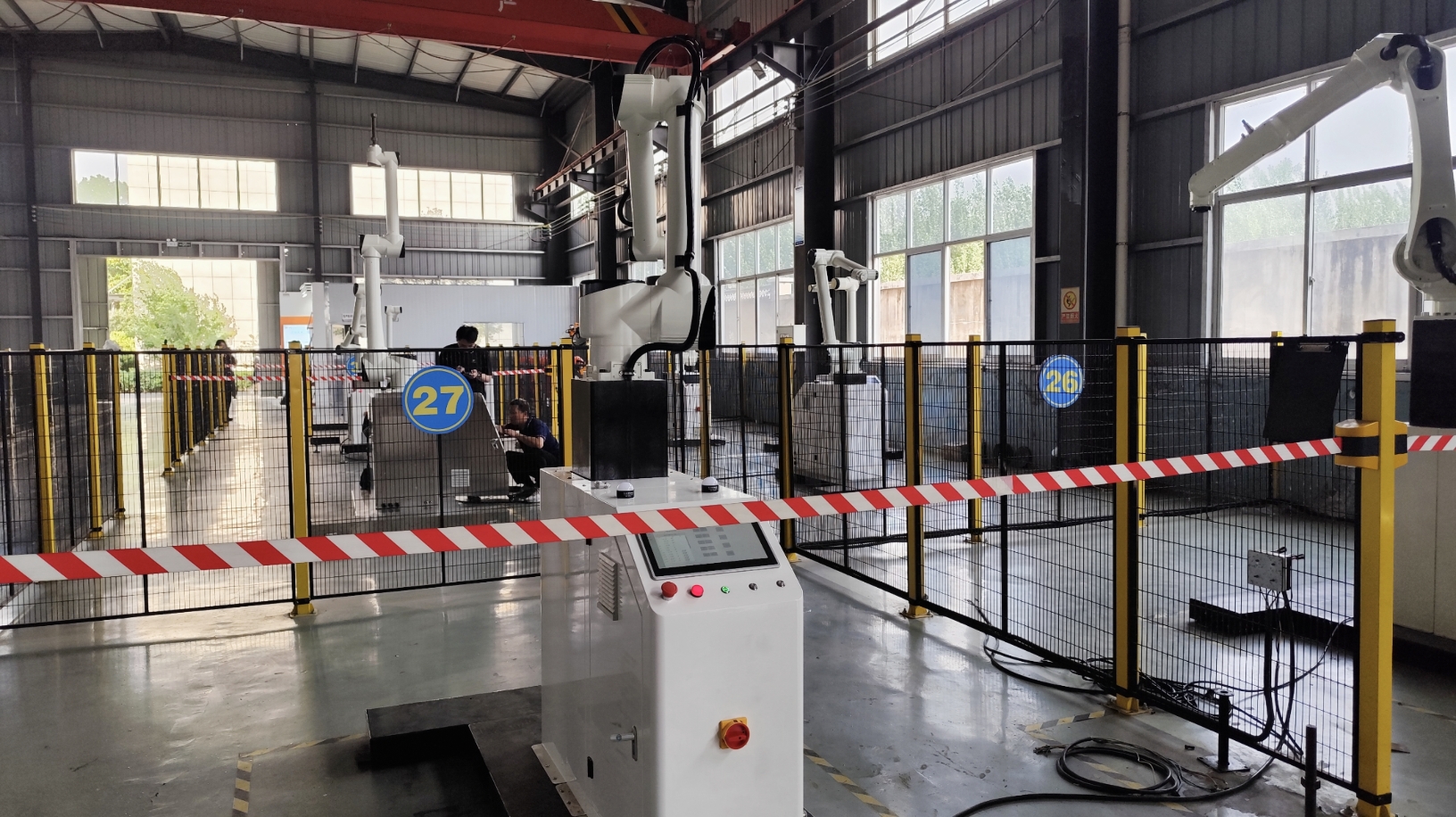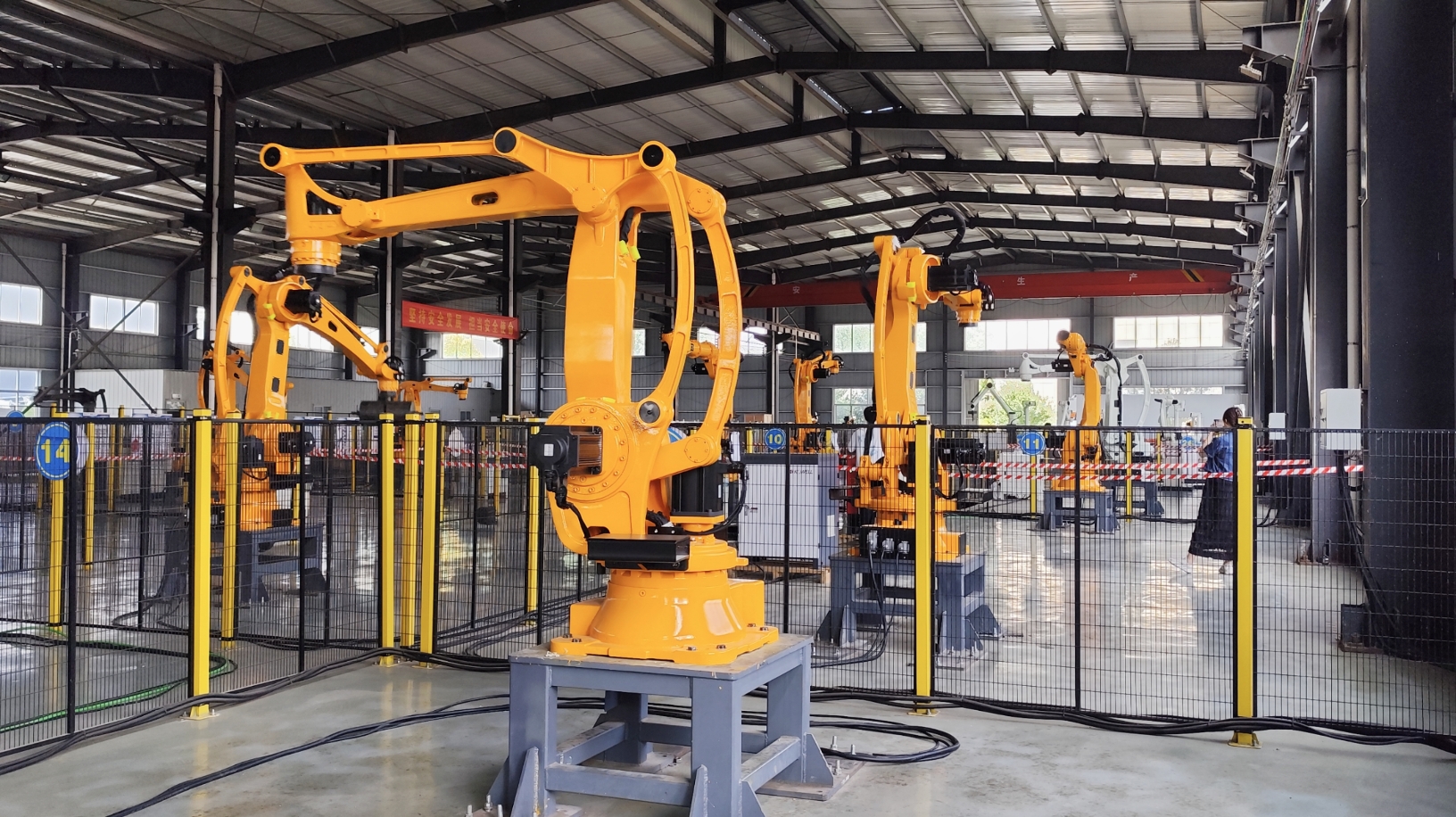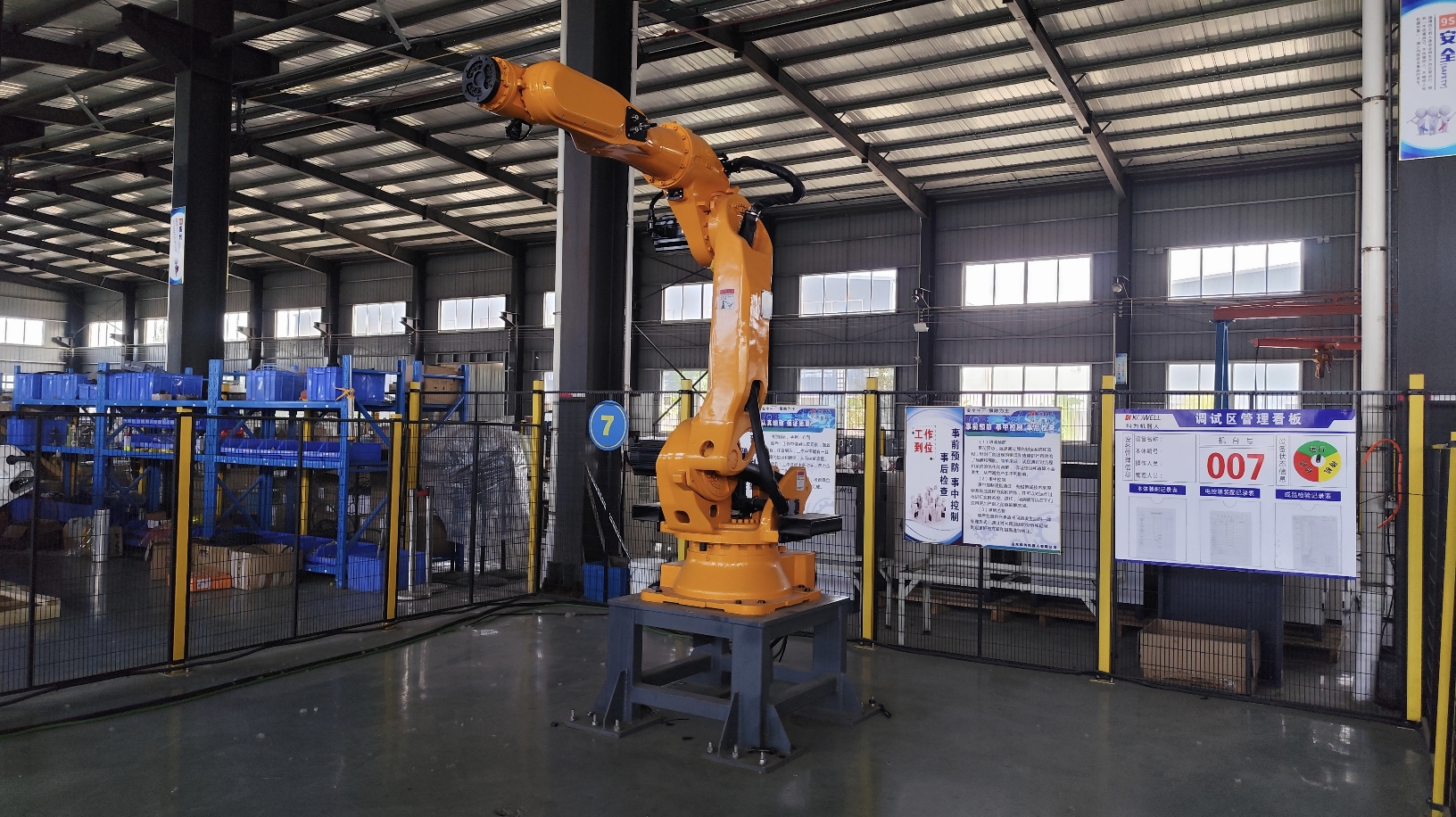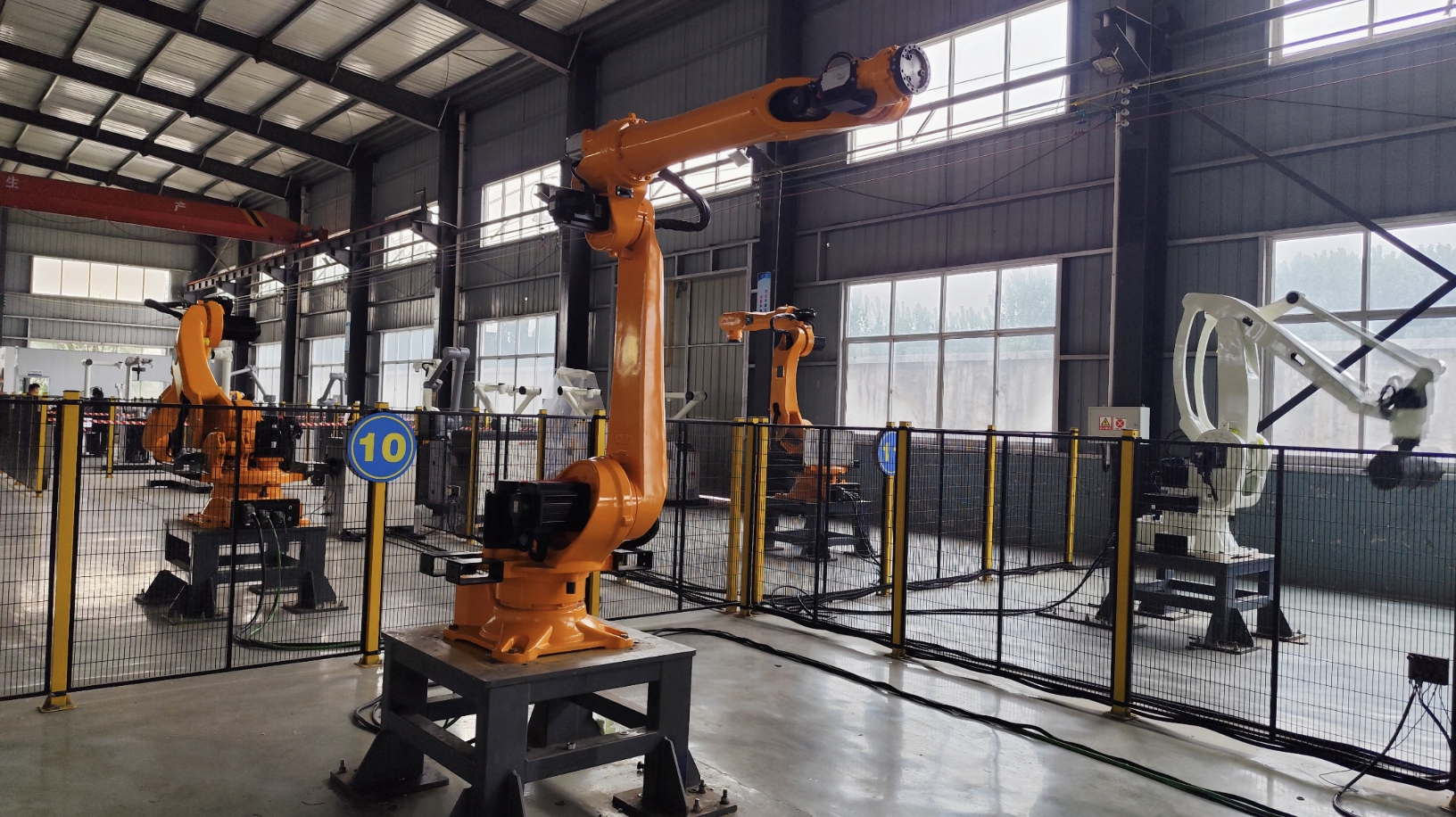In today's highly industrialized era, industrial robots have become an indispensable part of the manufacturing industry. They have brought about changes in the production process with their tireless working characteristics, leading the development of the industry with their own performance and wide applications.
Industrial robots are highly automated mechanical equipment that can operate stably in various harsh environments and complete a series of complex and heavy tasks. At present, the application scope of industrial robots is becoming increasingly widespread, covering almost all aspects of the manufacturing industry.
In the automotive manufacturing industry, they undertake heavy and high-precision tasks such as welding, painting, and assembly. The operation of robots can ensure the stable quality of each car, improve production efficiency, and reduce manual errors. In the electronics industry, industrial robots can quickly assemble small components to meet the high requirements of precision manufacturing for electronic products. It also plays an important role in the logistics field. From the handling and sorting of goods to warehouse management, robots can achieve fast and accurate operations, greatly improving the efficiency of logistics operations and reducing labor costs. In addition, industrial robots can be seen in many fields such as the food processing industry and chemical industry.

From a knowledge perspective, industrial robots involve the intersection of multiple disciplines. Mechanical engineering provides it with a sturdy and flexible body structure; Electrical engineering protects the stable operation of power supply and control systems; Computer science has endowed robots with brains that can be programmed to perform various complex actions and tasks.
The control system of industrial robots is its core component, which determines the precision, speed, and responsiveness of the robot's actions. The application of sensor technology enables robots to perceive their surrounding environment and achieve adaptive operation. At the same time, programming languages for robots are constantly evolving, from traditional code programming to graphical programming today, making programming more intuitive and convenient.
With the combination of big data and 5G technology, industrial robots will become more flexible, opening up broader development space for the future of manufacturing. Looking ahead to the future, they will not only be simple execution tools, but partners who can learn from and cooperate with human workers.

With the combination of big data and IoT technology, industrial robots will bring more innovation and breakthroughs to the manufacturing industry, driving the entire industry to a higher level. In short, industrial robots, as an important pillar of modern manufacturing, not only play a crucial role in improving production efficiency and output, but also drive the entire manufacturing industry towards automation. We have reason to believe that in the future, industrial robots will continue to create more unknowns, bringing more surprises and breakthroughs to human industrial development.

Online Consultation
Hello, the current customer service is offline. You can leave your contact information and the staff will respond to you as soon as possible!






